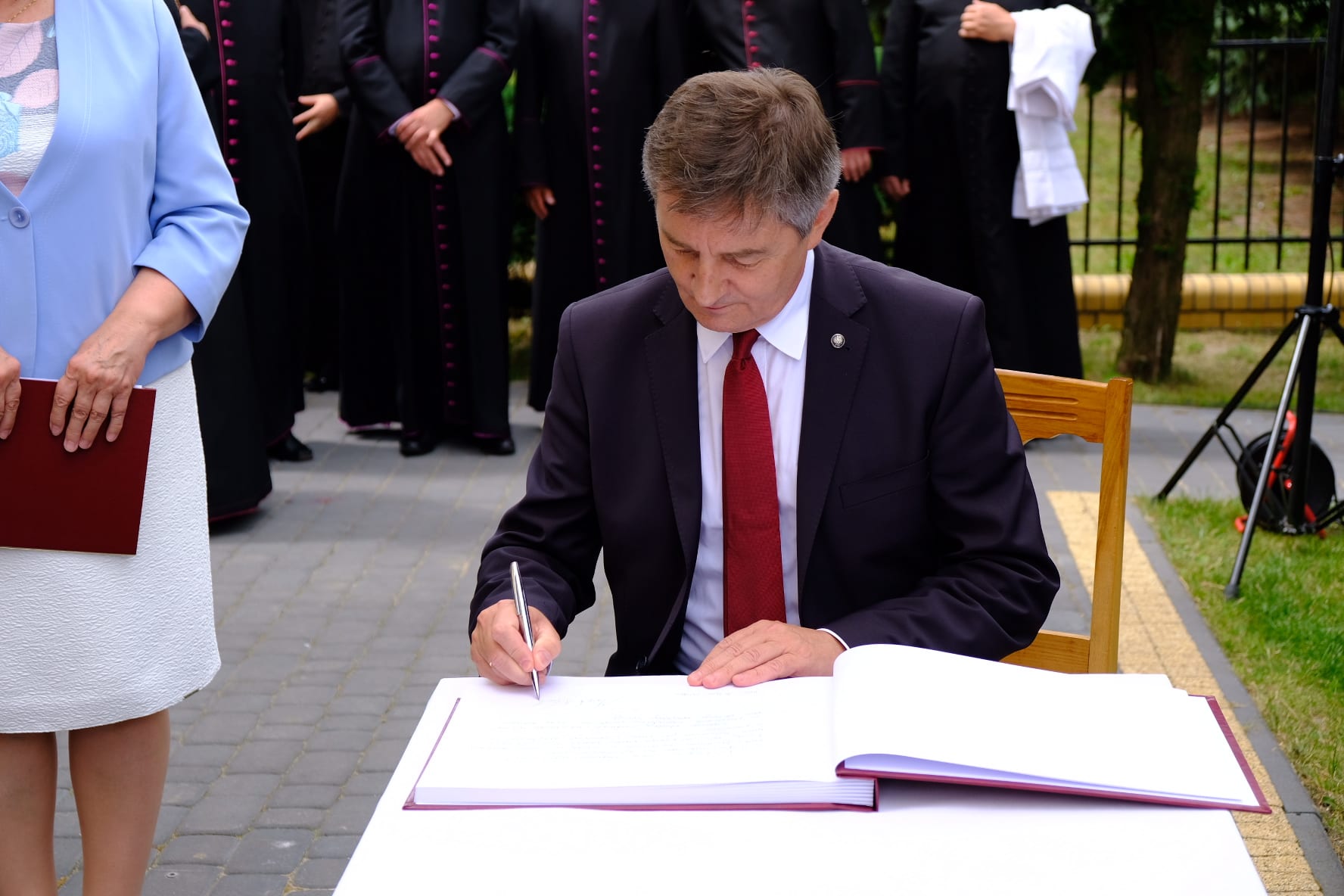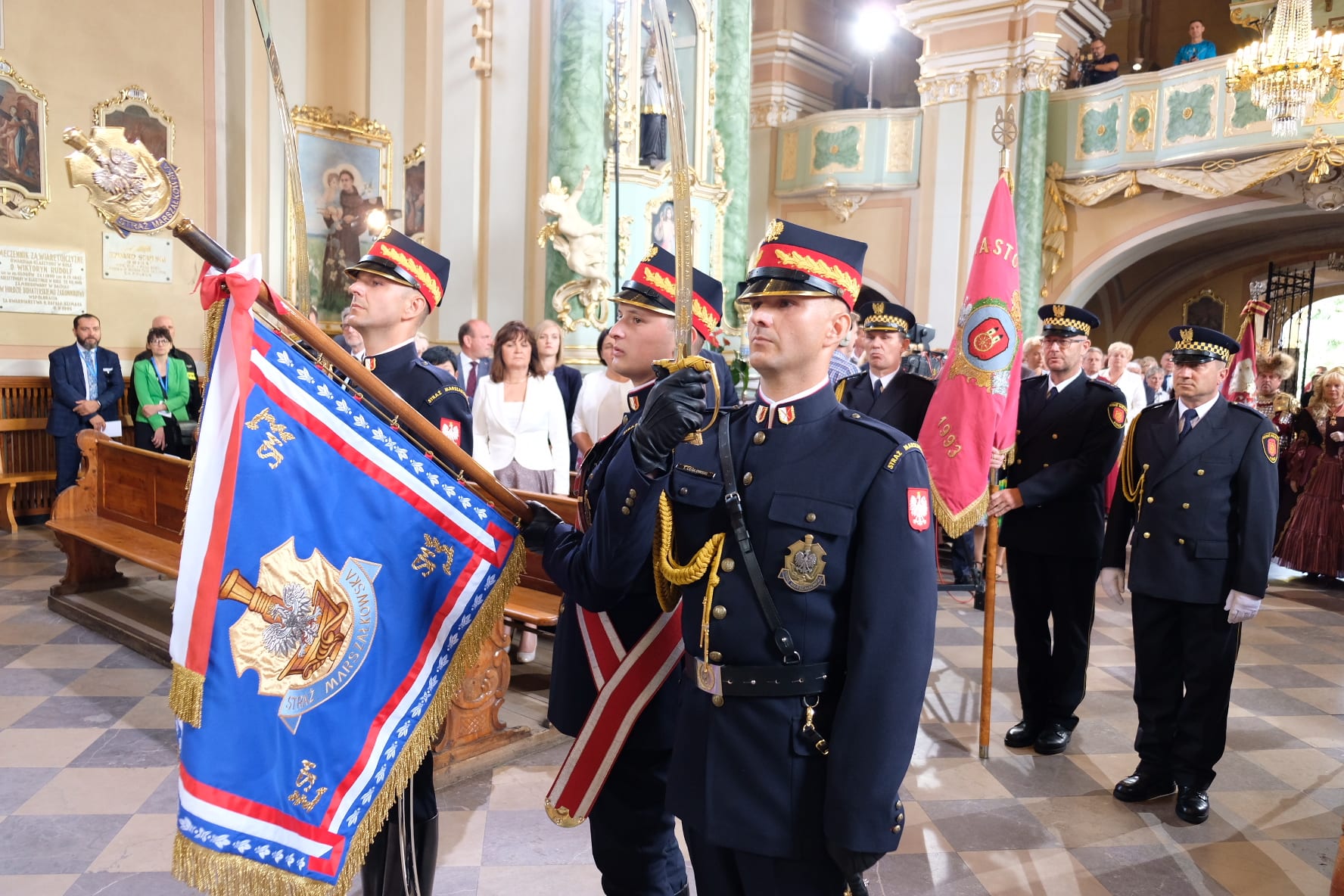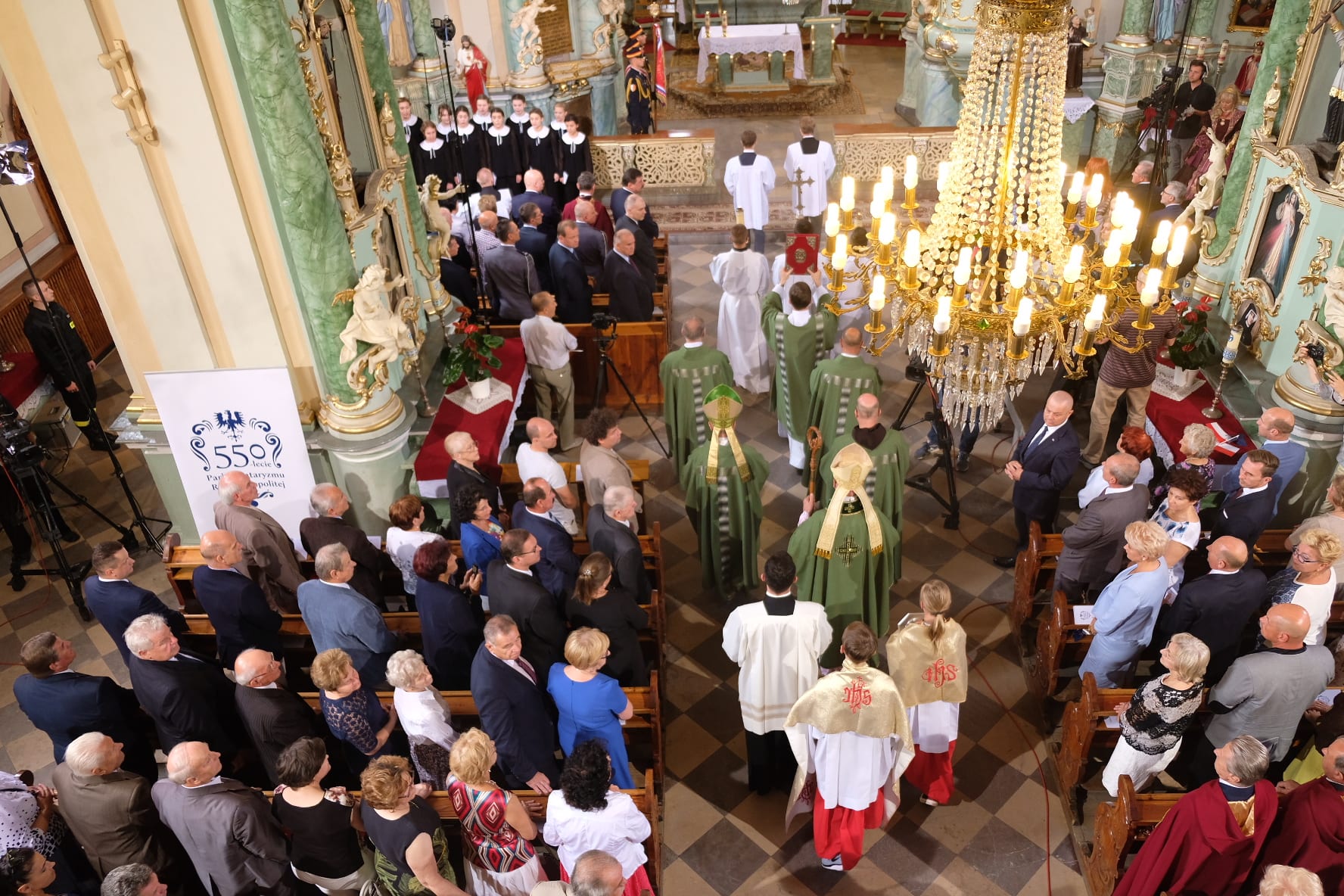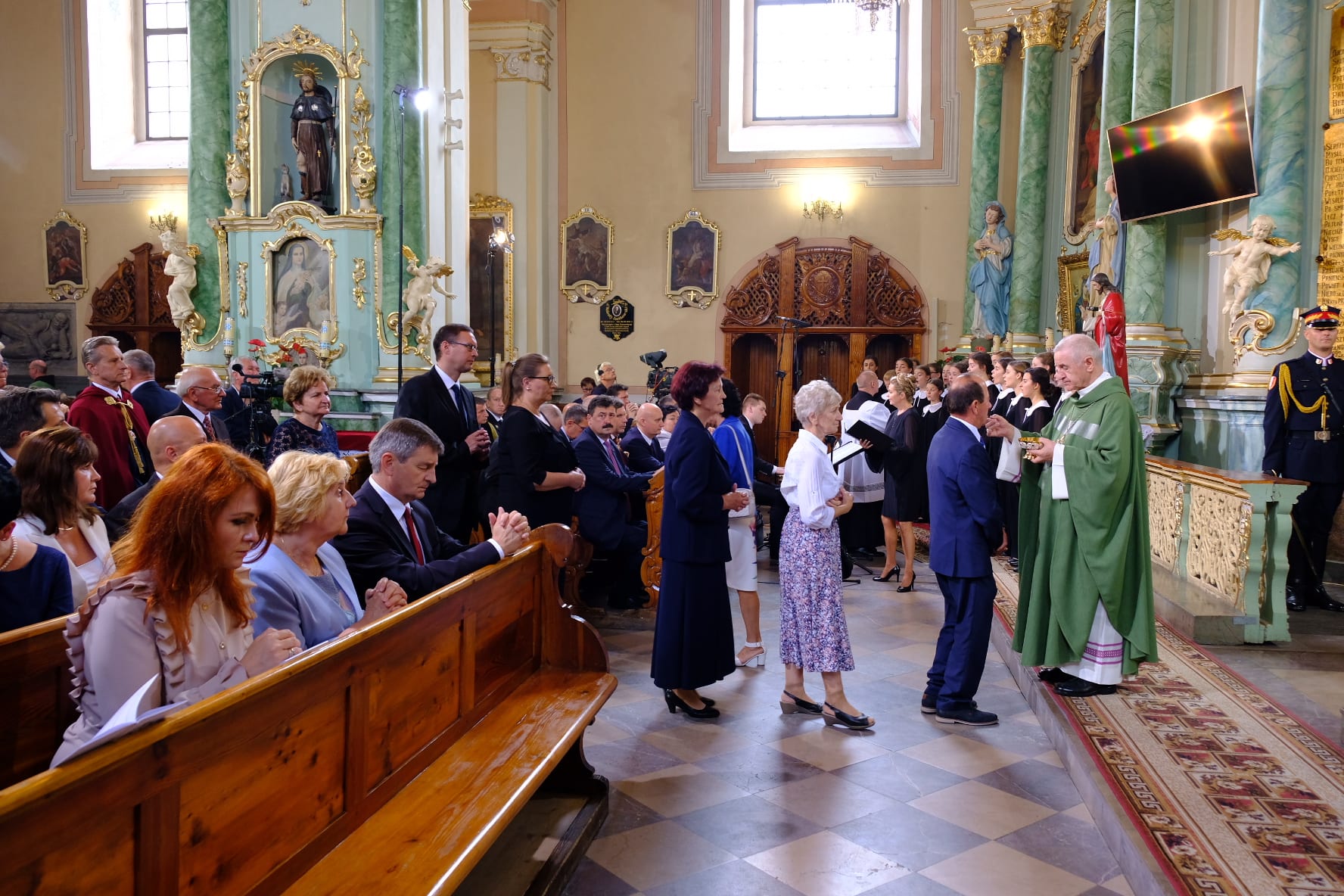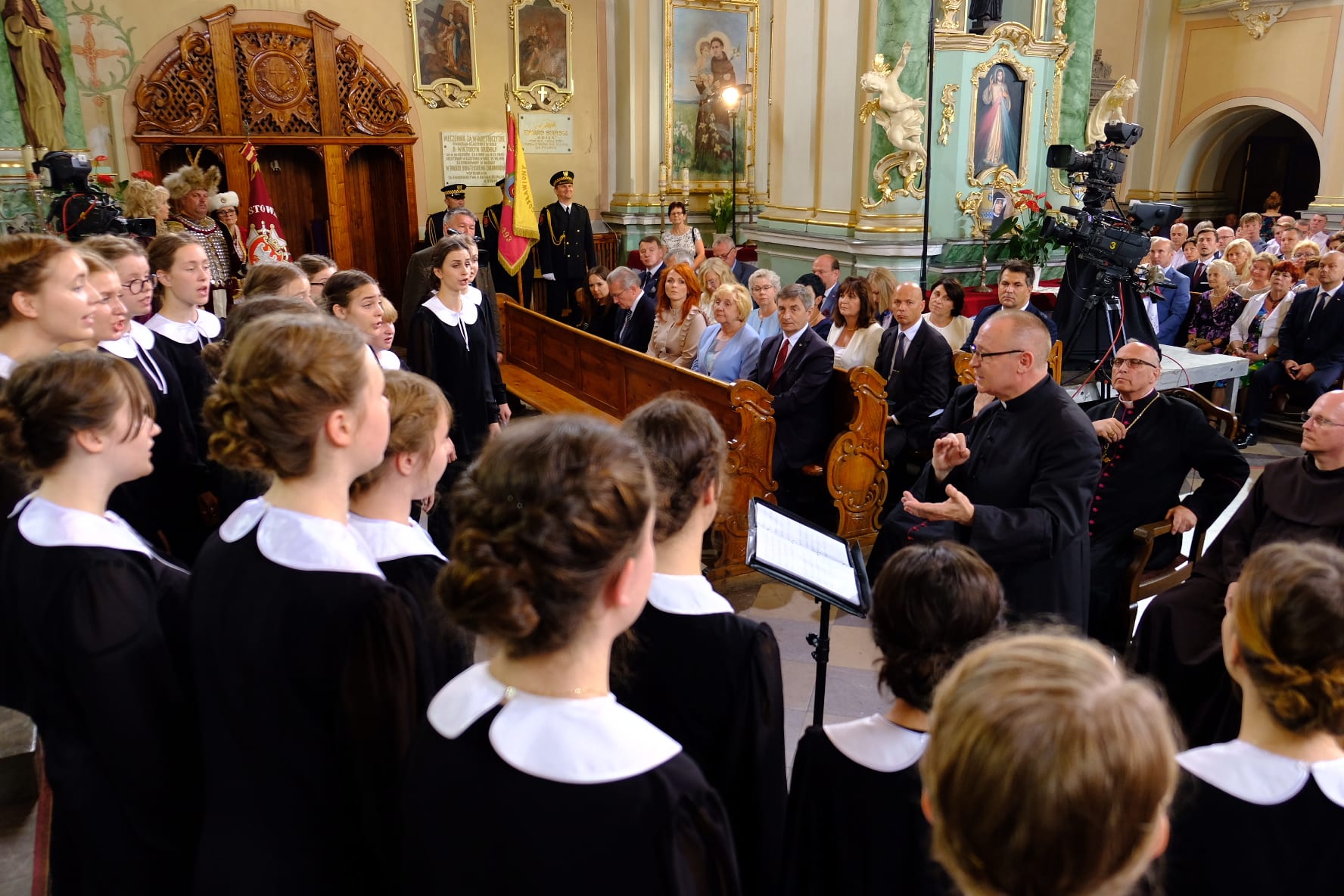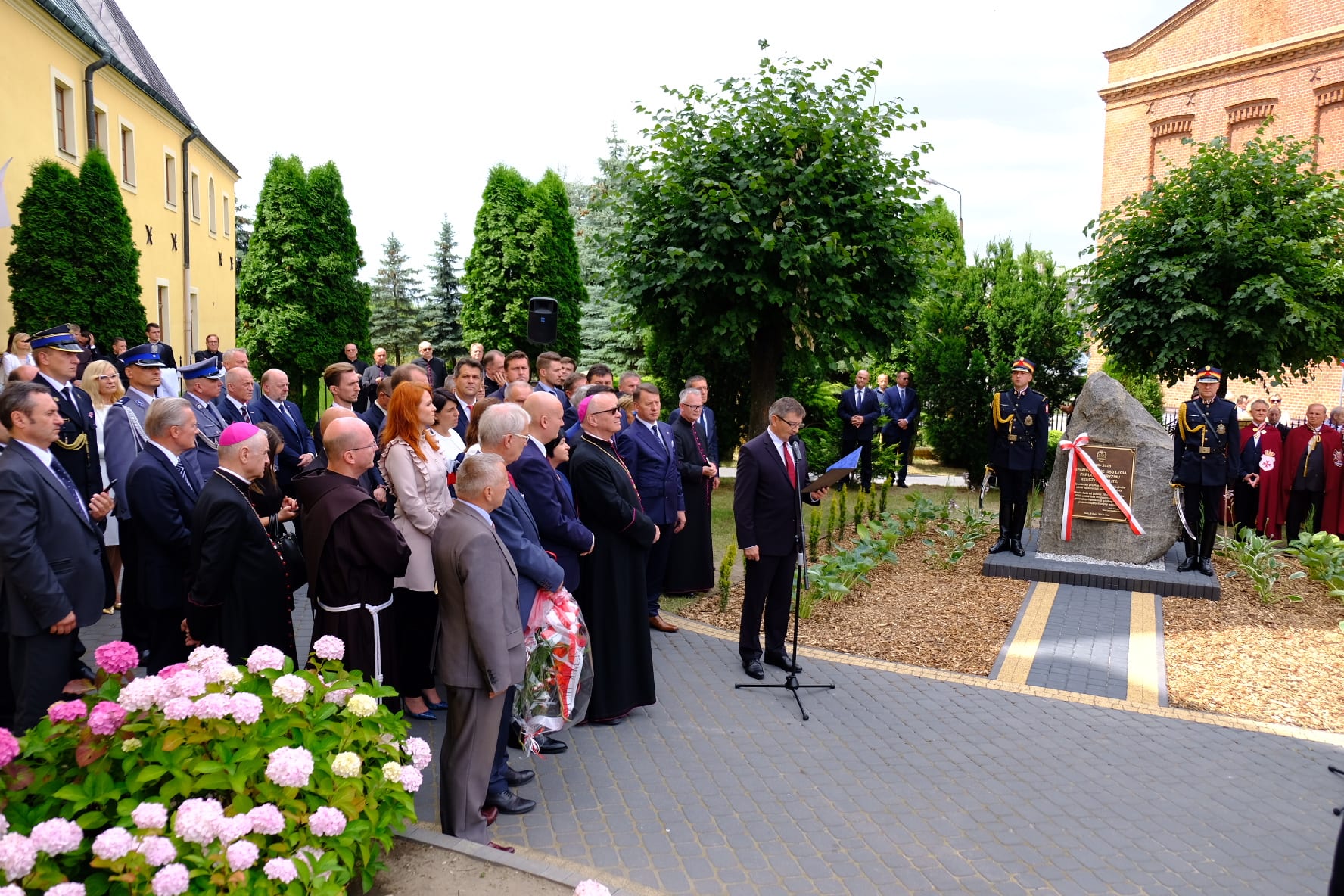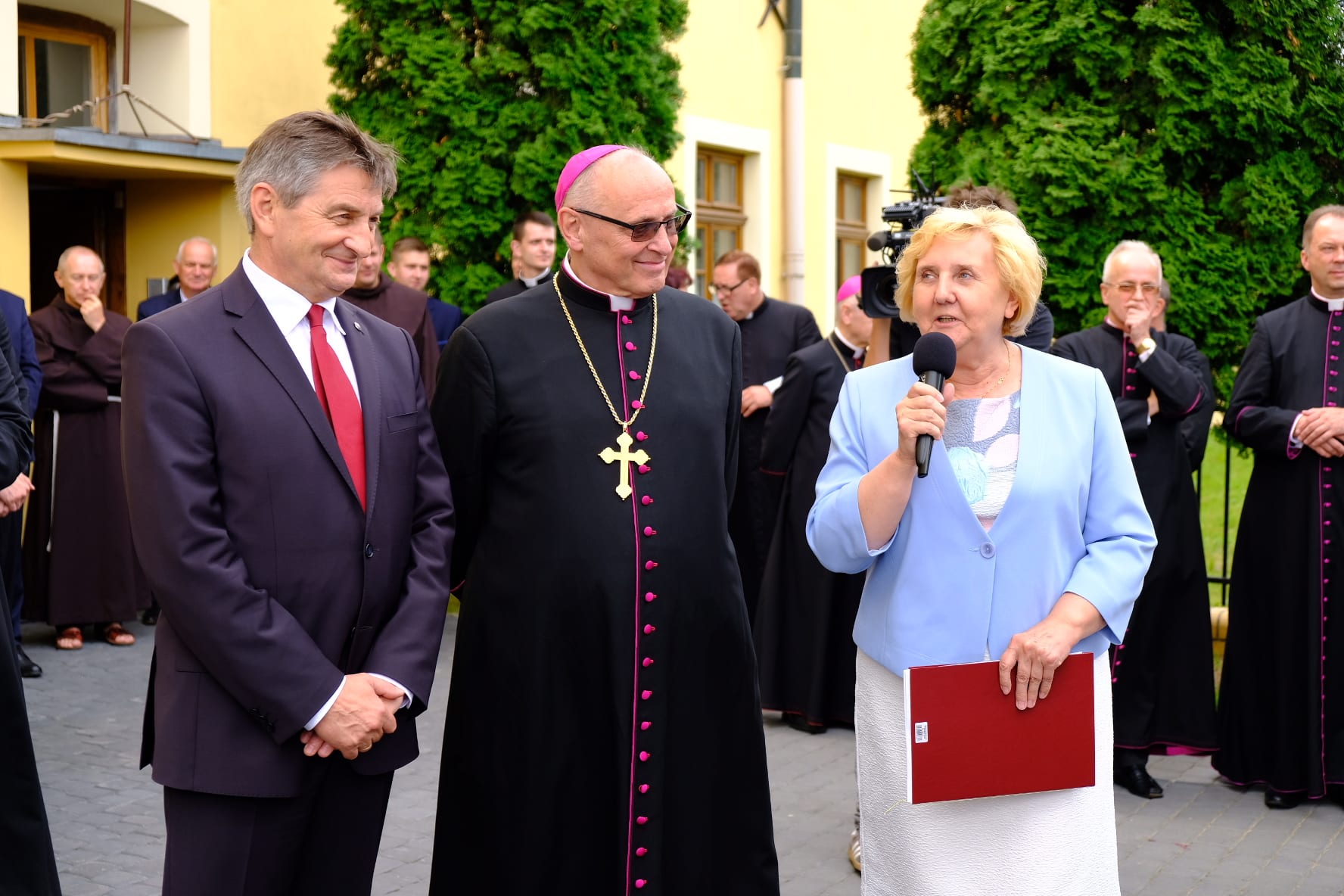The Speaker recalled that parliamentarism, which was formed in the second half of the 15th century and changed under the influence of various currents and patterns up to the present day, has become a permanent element of the system of our Polish statehood. And parliament always lasted while the Republic existed.
According to Jan Długosz's account, on July 1, 1468, King Casimir Jagiellon arrived in Koło to deliberate with the knights of Greater Poland on July 13 to raise funds for the army after a victorious war with the Teutonic Order.
- We meet today in Kolo, a charming town, to honor the great traditions of the Sejm and to recall its long history, and at the same time to emphasize the huge role in the history of Polish parliamentarism. It was here, from the dawn of Polish statehood, that the rallies of elders, and later of knights, were held - the said the Speaker.
In the Circle by the Bernardine Church of the Visitation of the Blessed Virgin Mary, Sejm Speaker Marek Kuchcinski unveiled a plaque commemorating the 550th anniversary of the Republic's parliamentarism. The unveiling of the plaque was preceded by a Mass presided over by Wloclawek bishop Wieslaw Mering, who stressed that the Apart from a free parliament, in which all important issues for our country should take flight, there is no democracy.
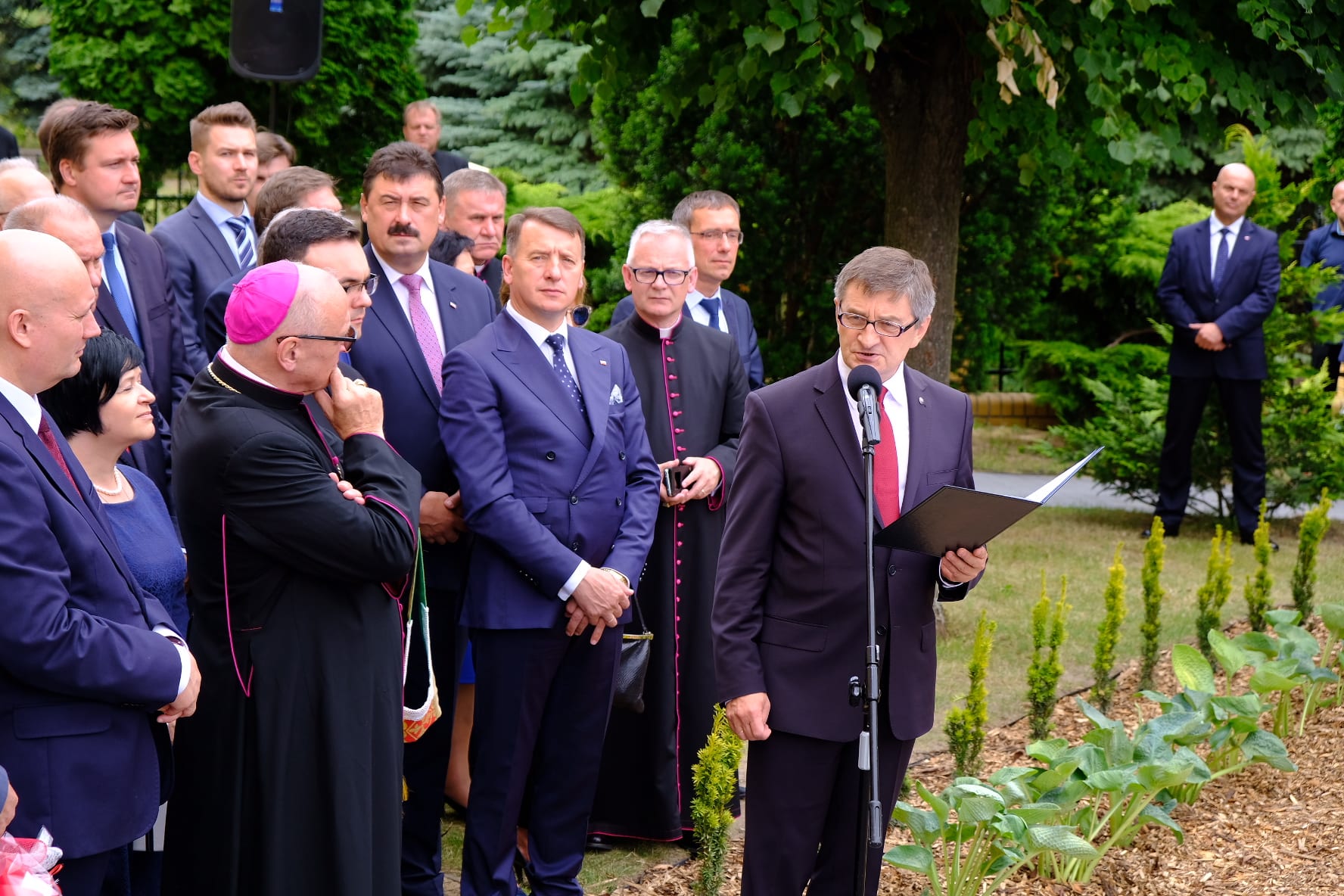 The Speaker noted that the importance of the traditions of the Kolsk sejmiks is evidenced by the text immortalized on the commemorative plaque, taken from the parliamentary instructions of the Wielkopolska sejmik: paying and speedy completion of the assemblies depends a lot on Kolskei sejmiks
The Speaker noted that the importance of the traditions of the Kolsk sejmiks is evidenced by the text immortalized on the commemorative plaque, taken from the parliamentary instructions of the Wielkopolska sejmik: paying and speedy completion of the assemblies depends a lot on Kolskei sejmiks